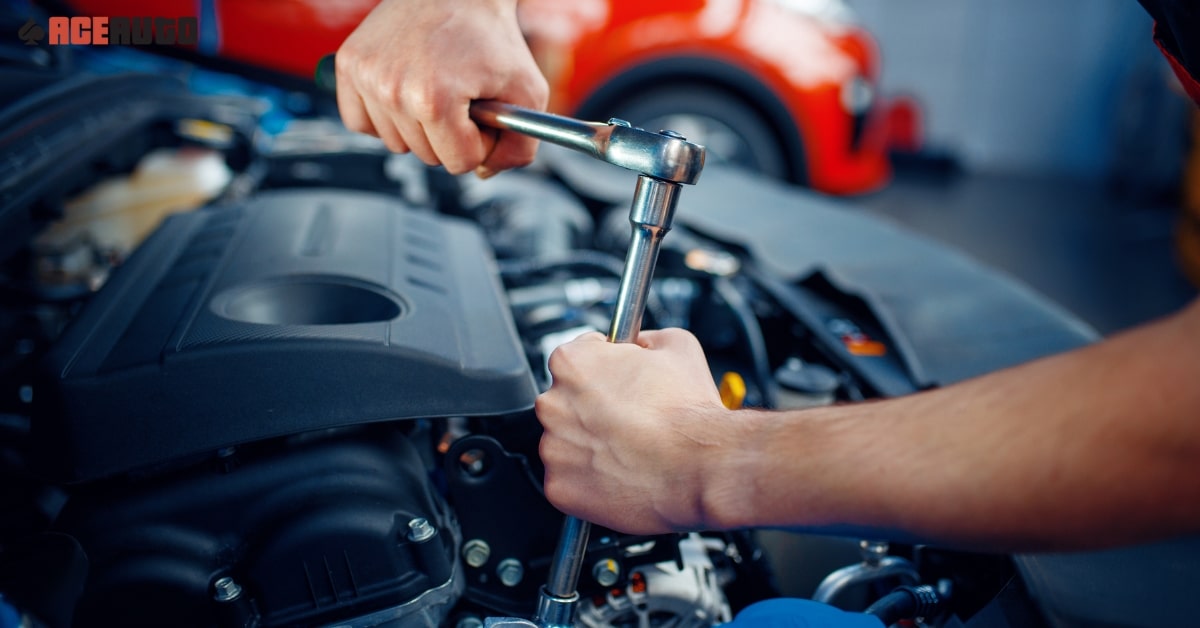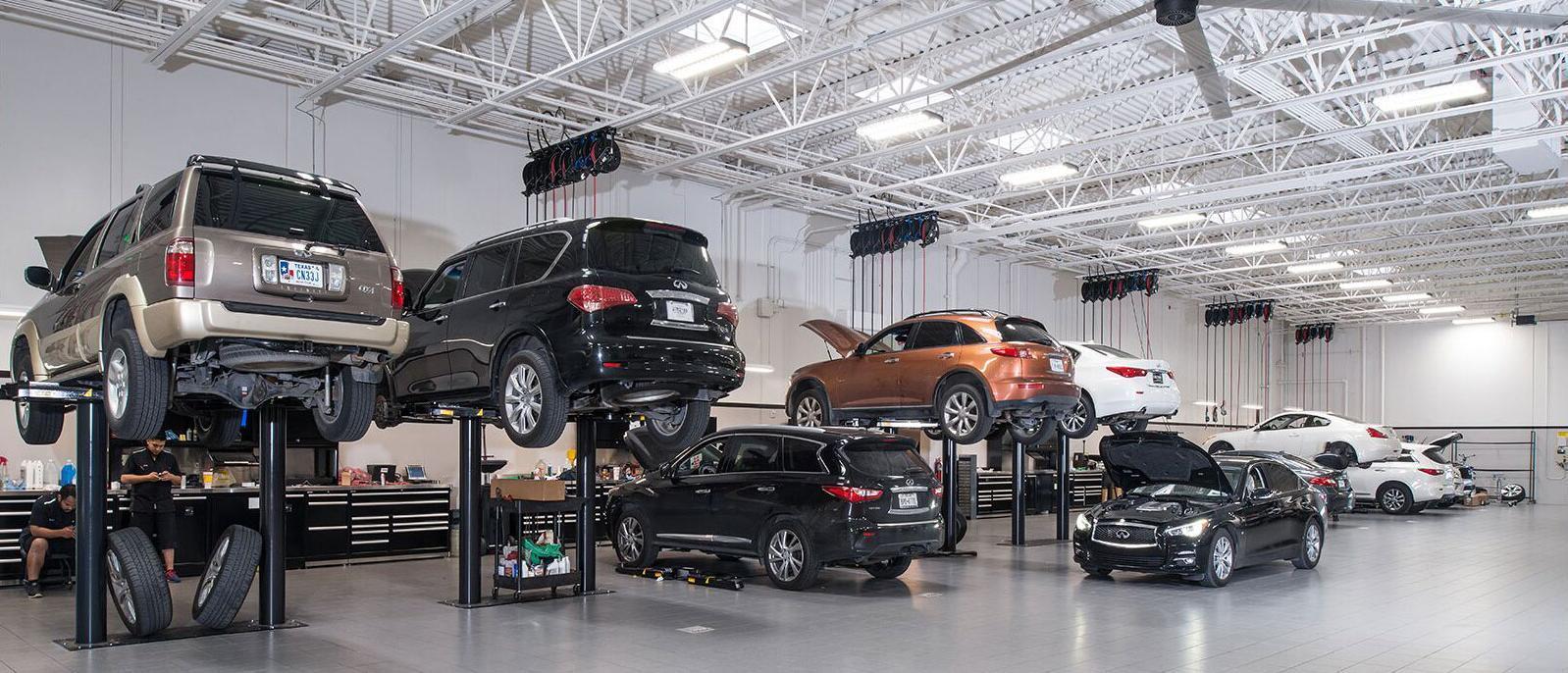All Categories
Featured
When your vehicle starts to overheat, it can be a difficult and frightening circumstance. Nevertheless, understanding just how to react in these minutes and taking steps to avoid future getting too hot can assist protect your automobile and avoid costly repair work. Here's what to do if your car overheats and how to avoid it from occurring again.
What to Do If Your Cars and truck Overheats. Pull Over and Turn Off the Engine The first point you should do if your automobile starts to overheat is to draw over to a risk-free area, such as a vehicle parking whole lot or the shoulder of the roadway. Shut off the engine right away to protect against additional damages. Running an overheated engine can trigger irreversible damages to the internal parts, including the radiator and cyndrical tube heads.
Permit the Engine to Cool Down After transforming off the engine, give it time to cool. Opening the hood can assist release heat, but beware as the engine and bordering areas may still be extremely warm. Wait a minimum of 15-20 mins before trying any additional actions.
Inspect the Coolant Level Once the engine has cooled, inspect the coolant level. If it is low, you can add coolant or water to the radiator or coolant storage tank. However, never open up the radiator cap while the engine is hot, as this might create hot coolant to spray and shed you. Always wait up until the engine is trendy prior to opening the cap.
Evaluate for Leaks or Damaged Hose Pipes While you are inspecting the coolant degree, look for any kind of noticeable leaks or harmed hoses under the hood. Cracked or damaged hose pipes can cause coolant to leak out, bring about an overheating engine. You may need to call for roadside support or a tow to obtain the vehicle to a technician. if you identify any kind of issues.
Ask For Assistance If you can not identify the root cause of the getting too hot or the problem persists after completing the coolant, it's ideal to ask for roadside aid. Driving with an overheated engine can cause extreme damage to your automobile and leave you stranded.
![]()
Just How to avoid Your Car from Overheating. Check Coolant Degrees Routinely One of the major causes of overheating is low coolant degrees. If required, make it a habit to inspect your coolant levels consistently and top them off. Describe your lorry's handbook for the suggested coolant mixture and maintenance periods.
Check Your Radiator Your radiator plays an essential role in keeping the engine cool. Ensure there are no blockages or particles blocking air movement through the radiator. If your radiator is blocked or damaged, it might not work appropriately, bring about overheating.
Maintain Your Air conditioning System The cooling down system needs to be purged and replenished regularly. In time, coolant can end up being infected or shed its effectiveness. Follow the producer's recommendations for flushing the system, normally every 30,000 to 50,000 miles.
Monitor the Thermostat and Water Pump The thermostat controls the temperature of the engine, while the water pump circulates coolant via the engine. It can create the engine to get too hot if either of these parts fails. Have your technician inspect the thermostat and water pump throughout routine maintenance.
Avoid Overloading the Car Overloading your vehicle, particularly on hot days or lengthy trips, can stress the air conditioning and the engine system. Be mindful of your automobile's weight restrictions and attempt to prevent lugging heavy loads, especially when driving in extreme temperatures.
Drive with Care Aggressive driving, such as speeding or rapid acceleration, can boost engine stress and anxiety and warm production. Reduce, particularly on warm days or when increasing high inclines, to decrease the risk of overheating.
![]()
Conclusion. Recognizing what to do if your auto gets too hot can avoid additional damages to your engine and help you deal with the scenario securely. By frequently checking your coolant levels, evaluating the radiator and tubes, and keeping the cooling system, you can decrease the danger of getting too hot. With positive care and proper upkeep, your automobile will remain in excellent problem, guaranteeing you remain secure and avoid costly repairs in the future.
What to Do If Your Cars and truck Overheats. Pull Over and Turn Off the Engine The first point you should do if your automobile starts to overheat is to draw over to a risk-free area, such as a vehicle parking whole lot or the shoulder of the roadway. Shut off the engine right away to protect against additional damages. Running an overheated engine can trigger irreversible damages to the internal parts, including the radiator and cyndrical tube heads.
Permit the Engine to Cool Down After transforming off the engine, give it time to cool. Opening the hood can assist release heat, but beware as the engine and bordering areas may still be extremely warm. Wait a minimum of 15-20 mins before trying any additional actions.
Inspect the Coolant Level Once the engine has cooled, inspect the coolant level. If it is low, you can add coolant or water to the radiator or coolant storage tank. However, never open up the radiator cap while the engine is hot, as this might create hot coolant to spray and shed you. Always wait up until the engine is trendy prior to opening the cap.
Evaluate for Leaks or Damaged Hose Pipes While you are inspecting the coolant degree, look for any kind of noticeable leaks or harmed hoses under the hood. Cracked or damaged hose pipes can cause coolant to leak out, bring about an overheating engine. You may need to call for roadside support or a tow to obtain the vehicle to a technician. if you identify any kind of issues.
Ask For Assistance If you can not identify the root cause of the getting too hot or the problem persists after completing the coolant, it's ideal to ask for roadside aid. Driving with an overheated engine can cause extreme damage to your automobile and leave you stranded.

Just How to avoid Your Car from Overheating. Check Coolant Degrees Routinely One of the major causes of overheating is low coolant degrees. If required, make it a habit to inspect your coolant levels consistently and top them off. Describe your lorry's handbook for the suggested coolant mixture and maintenance periods.
Check Your Radiator Your radiator plays an essential role in keeping the engine cool. Ensure there are no blockages or particles blocking air movement through the radiator. If your radiator is blocked or damaged, it might not work appropriately, bring about overheating.
Maintain Your Air conditioning System The cooling down system needs to be purged and replenished regularly. In time, coolant can end up being infected or shed its effectiveness. Follow the producer's recommendations for flushing the system, normally every 30,000 to 50,000 miles.
Monitor the Thermostat and Water Pump The thermostat controls the temperature of the engine, while the water pump circulates coolant via the engine. It can create the engine to get too hot if either of these parts fails. Have your technician inspect the thermostat and water pump throughout routine maintenance.
Avoid Overloading the Car Overloading your vehicle, particularly on hot days or lengthy trips, can stress the air conditioning and the engine system. Be mindful of your automobile's weight restrictions and attempt to prevent lugging heavy loads, especially when driving in extreme temperatures.
Drive with Care Aggressive driving, such as speeding or rapid acceleration, can boost engine stress and anxiety and warm production. Reduce, particularly on warm days or when increasing high inclines, to decrease the risk of overheating.

Conclusion. Recognizing what to do if your auto gets too hot can avoid additional damages to your engine and help you deal with the scenario securely. By frequently checking your coolant levels, evaluating the radiator and tubes, and keeping the cooling system, you can decrease the danger of getting too hot. With positive care and proper upkeep, your automobile will remain in excellent problem, guaranteeing you remain secure and avoid costly repairs in the future.
Latest Posts
Uncover Montclare Auto Repair’s Leading Auto Repairs and Why Drivers Rely On Them
Published May 31, 25
1 min read
Explore Premier Auto Repair Services in Chicago – Keep Your Car Running Smoothly
Published May 27, 25
1 min read
Find Cost-Effective Auto Repairs with Montclare’s Limited-Time Service Specials
Published May 22, 25
1 min read
More
Latest Posts
Uncover Montclare Auto Repair’s Leading Auto Repairs and Why Drivers Rely On Them
Published May 31, 25
1 min read
Explore Premier Auto Repair Services in Chicago – Keep Your Car Running Smoothly
Published May 27, 25
1 min read
Find Cost-Effective Auto Repairs with Montclare’s Limited-Time Service Specials
Published May 22, 25
1 min read